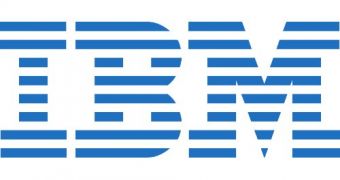Paperwork has long been the bane of everyone in a leadership of administrative position, and virtual paperwork is only marginally easier to cope with during those long, dull work hours, so IBM decided to make life better for itself and its clients.
Well, that's not quite true. The one that actually achieved that is Daeja Image Systems Ltd., a specialist in software that makes it easier to view large documents and images. Something that business and IT professionals can only appreciate.
IBM has only acquired the privately held software company, adding to its own existing ability to mask and annotate documents and images when it's necessary to keep people anonymous or protect sensitive data.
Data intensive applications like insurance, healthcare and banking should benefit the most from the software services, as users can open and view hundreds of documents and images at once, even if the application isn't installed on their PCs/tablets/ what have you.
That's right, it's all in the cloud so to speak, and "puts content in the context of how people work every day," thus allowing problems to be solved easier, and decision to be made in ways that lead to better outcomes more quickly.
"IBM is continuing to lead the way in helping organizations access the content they rely upon for everyday operations," said IBM Enterprise Content Management Business Leader Doug Hunt. "The acquisition of Daeja will simplify how business data is viewed by department or line-of-business users."
Daeja has its headquarters in Milton Keynes, UK, and its software has interactive features that allow reviewers to view files, add commends and annotations, send them back for further analysis, control who can see and modify the document, provide privacy and security, etc.
Car accident photos, off-site images, patients' detailed charts, x-rays, all such things are supported by the program. At the end of the day, Daeja will improve IBM's standing on the big data market.

 14 DAY TRIAL //
14 DAY TRIAL //